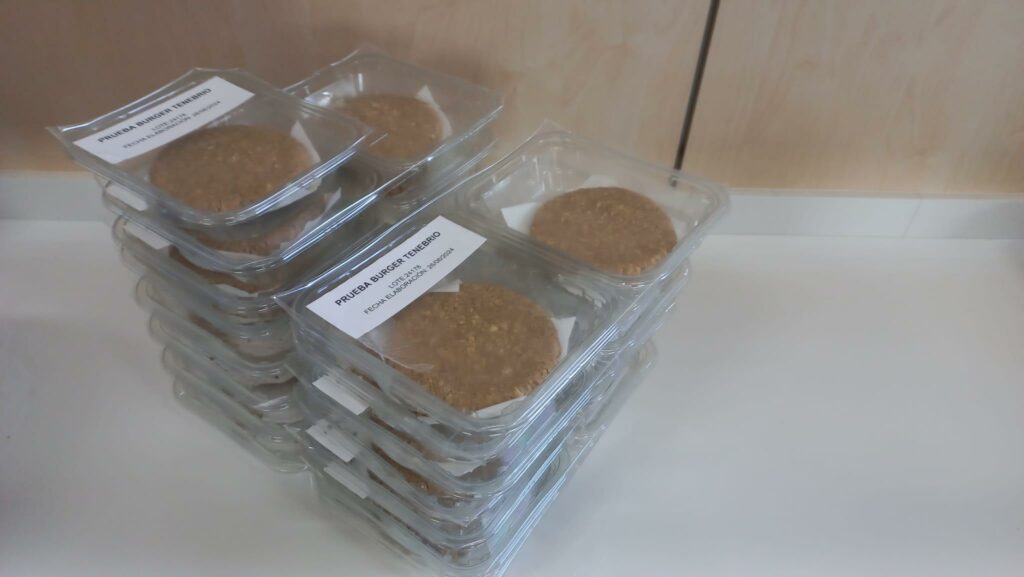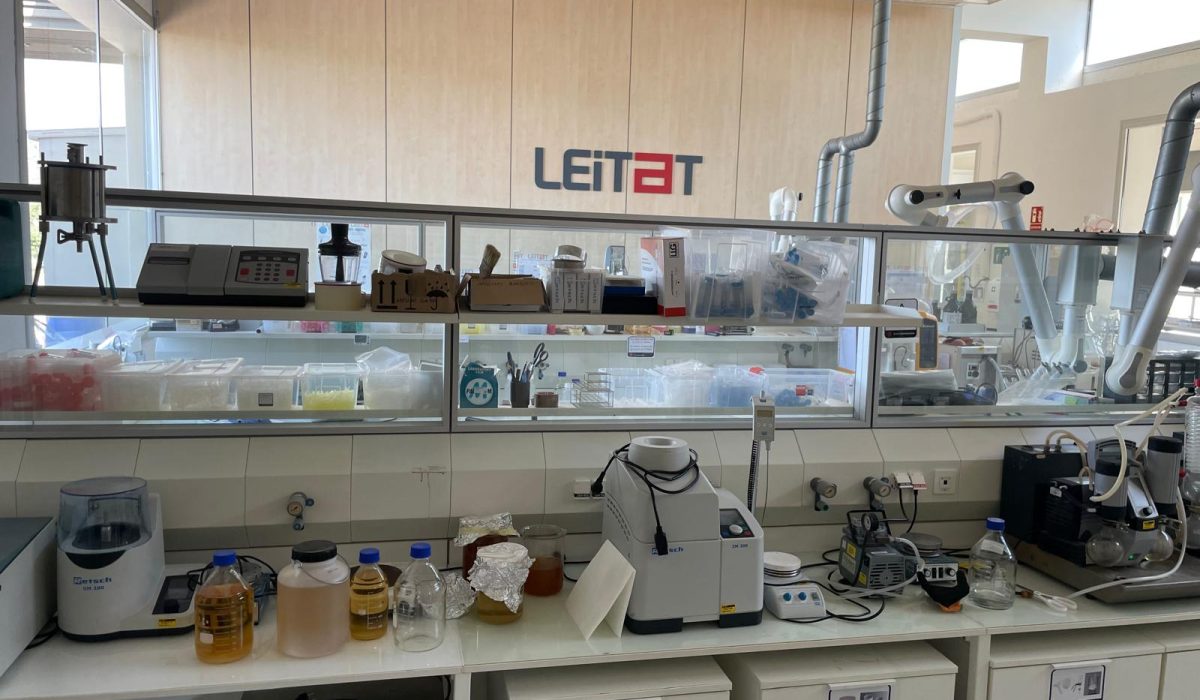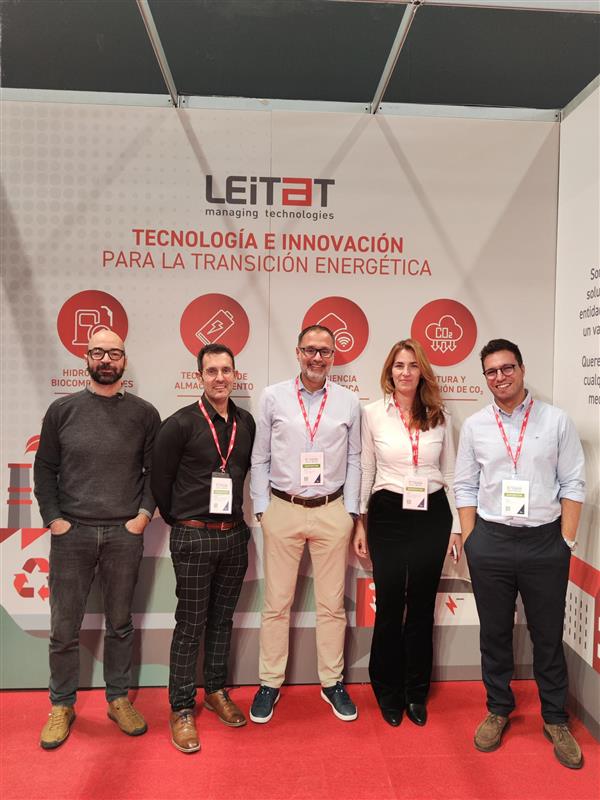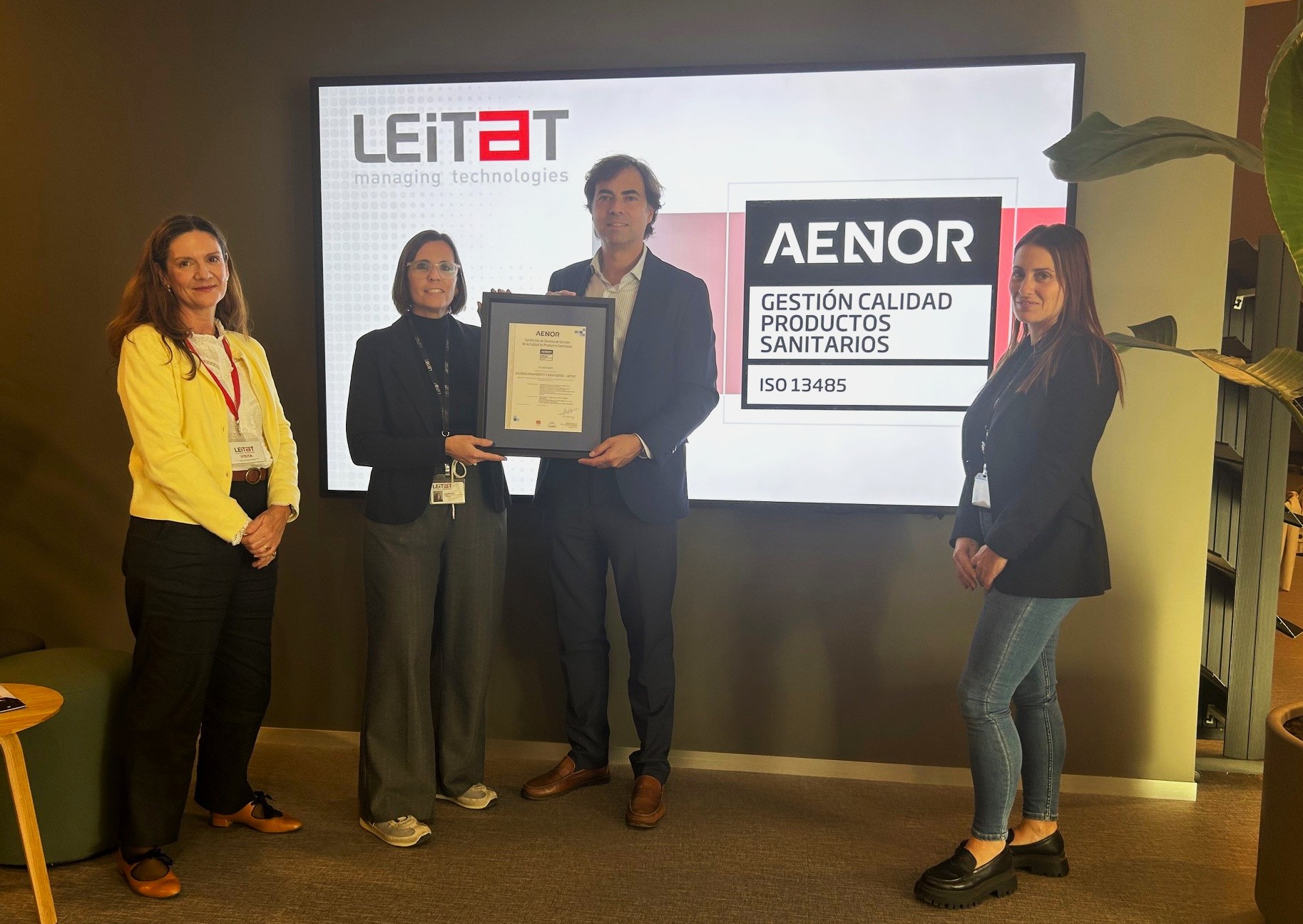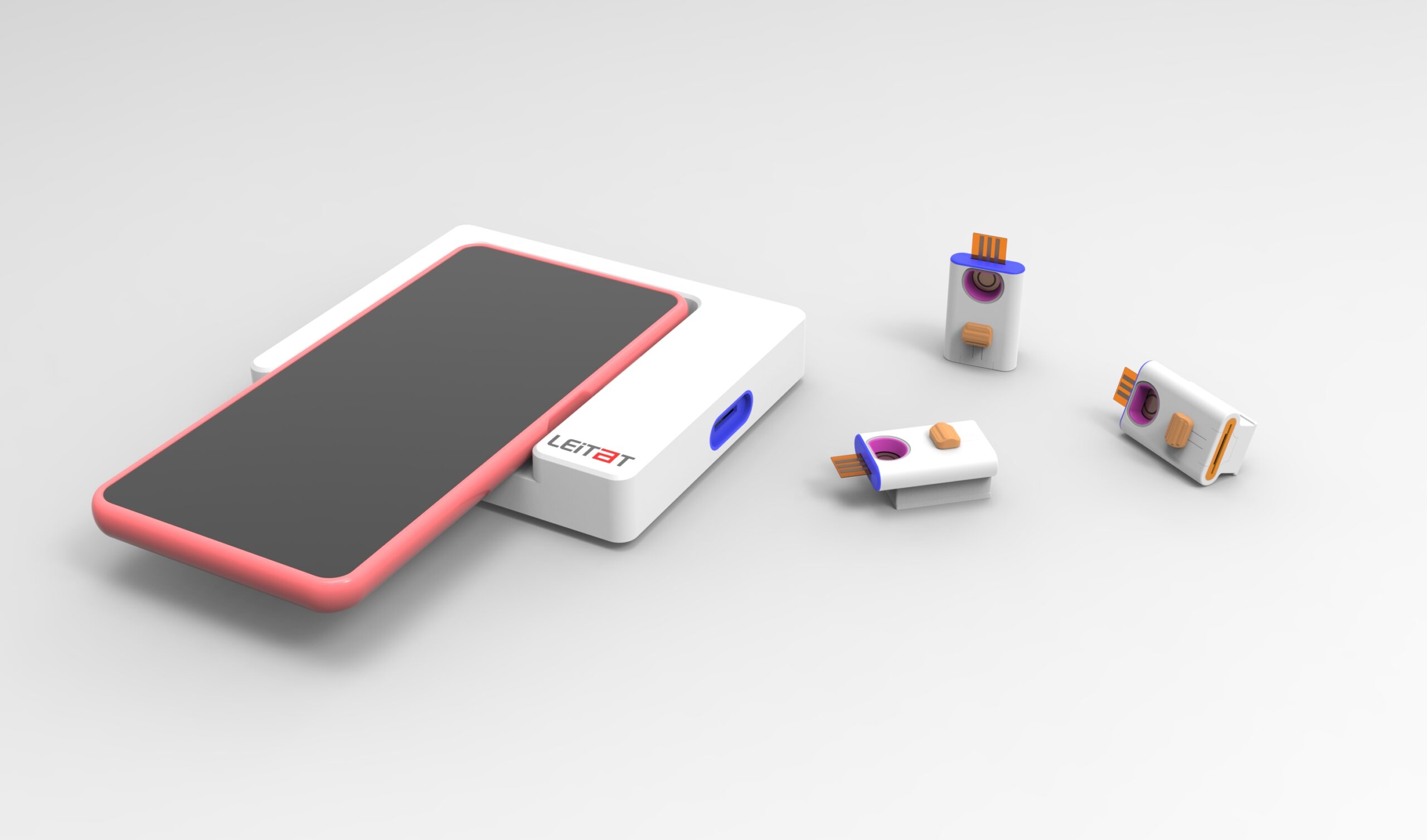- More than 80 research projects position the Vilanova del Camí site as a European benchmark in sustainable food technologies
- Leitat develops solutions such as insect-based alternative meat or personalized foods through 3D printing
- The center marks 10 years at the Anoia Innovation Center, driving food innovation with industrial and territorial impact
Edible insects, microalgae with nutritional value, or formulations of personalized foods using 3D printing. These are some of the solutions developed at Leitat’s agri-food site in Vilanova del Camí, which this year celebrates its tenth anniversary as a leading technological innovation hub for the food sector.
Throughout this decade, the center has participated in more than 80 research projects, both national and international, with a clear focus on circular economy, sustainability, and responding to new global food demands. With a multidisciplinary team and state-of-the-art infrastructures, the site located at the Anoia Innovation Center works to generate new functional ingredients, alternative proteins, and products adapted to emerging nutritional needs.
Food of the future: sustainable, personalized and livestock-free
Among the key technologies developed at the center is the extrusion of alternative proteins, which makes it possible to obtain products with the texture and appearance of meat using insects, legumes or microalgae. This line of innovation responds to the growing demand for sustainable protein sources and is part of projects such as GO-DIIANA or SUSINCHAIN, funded by European programs.
In addition, Leitat is committed to food 3D printing to create personalized foods with functional ingredients, a technology that could revolutionize sectors such as infant nutrition, sports nutrition, or food for people with dysphagia. Examples like 3D-SEA or 3DFOOD-EVOLUTION position the center at the forefront of this emerging trend.
An R&D ecosystem in the heart of Central Catalonia
The Vilanova del Camí center features a cutting-edge food laboratory, a pioneering insectarium, a pilot biorefinery plant, and a pre-industrial food processing line, enabling the entire development chain: from the revalorization of by-products to prototype formulation.
This technological ecosystem helps bring research closer to the productive fabric of the Anoia region, connecting agri-food companies with R&D capabilities to improve their competitiveness. Leitat thus reinforces its commitment to applied innovation and to the transfer of knowledge to the territory.
“In these 10 years, we have built a space where science, industry and the territory work together to move toward a more sustainable and resilient food system,” explains the Bioresources & Agri-food Technologies team at Leitat.
